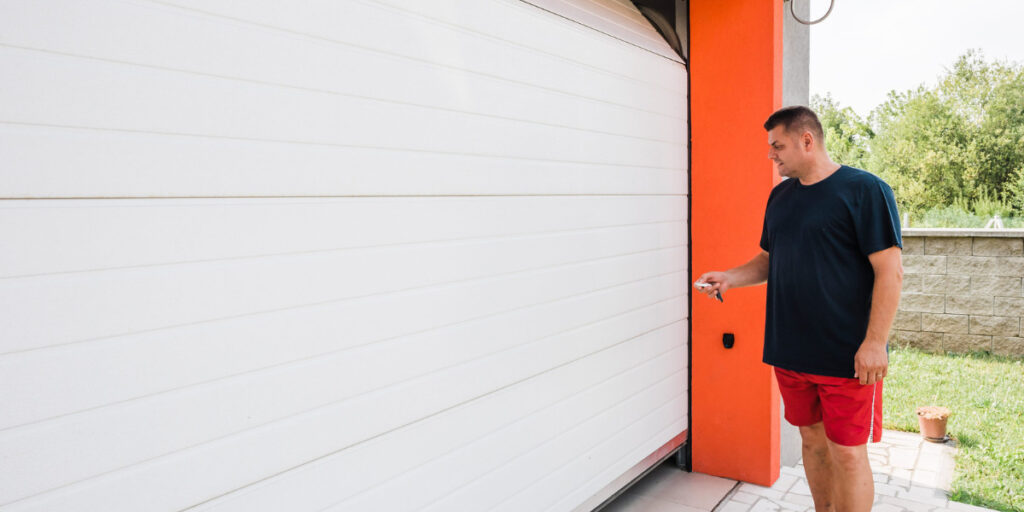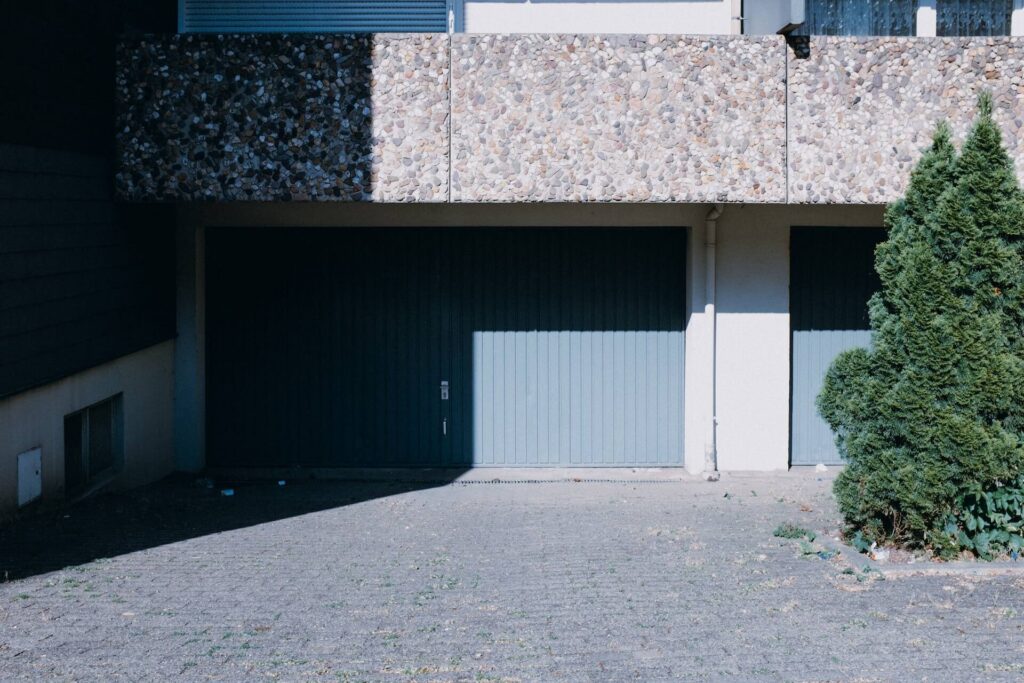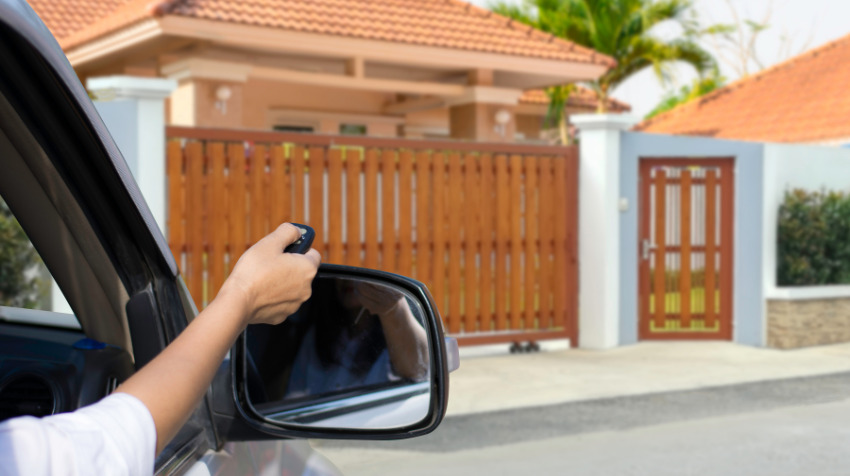Preventative Maintenance for Garage Doors: Avoiding Future Failures
A garage door is one of the most frequently used entry points in our homes, providing both convenience and security. However, like any mechanical system, garage doors require regular maintenance to function efficiently and avoid unexpected breakdowns. Preventative maintenance not only saves you money on costly repairs but also ensures the safety of your family and property. In this blog post, we’ll explore the essential steps to take for preventative maintenance and how it can help you avoid future garage door failures.
Inspection: The First Line of Defense
Regular garage door inspections are the first and most crucial line of defense in preventing potential failures and ensuring the safety and functionality of your garage door system. An inspection allows you to identify minor issues before they escalate into significant problems, saving you time, money, and potential inconvenience. Let’s dive deeper into the importance of garage door inspections and the essential elements to consider during the process.
Early Detection of Problems:
As with any mechanical system, garage doors experience wear and tear over time. Various components, such as springs, rollers, cables, and tracks, endure continuous stress during the door’s operation. A thorough inspection helps you spot early warning signs, such as frayed cables, worn-out rollers, loose hardware, or misaligned tracks. Identifying these issues early allows you to address them promptly, preventing further damage and potential safety hazards.
Enhancing Safety:
Garage doors are heavy and operate under tension, making them potentially dangerous if not properly maintained. An inspection includes checking the auto-reverse mechanism and the photo-eye sensors, which are crucial safety features. The auto-reverse feature ensures that if the door encounters an obstacle while closing, it will automatically reverse its direction. Similarly, the photo-eye sensors, when misaligned or obstructed, prevent the door from closing fully. Regular inspection ensures that these safety features are functioning correctly, providing peace of mind for you and your family.
Extending Lifespan:
A well-maintained garage door has an extended lifespan. During the inspection, focus on lubricating moving parts, including rollers, hinges, bearings, and springs. Proper lubrication reduces friction, minimizing wear and tear and prolonging the life of these components. Additionally, tightening loose hardware and ensuring the door is correctly balanced help avoid unnecessary strain on the system, further extending its longevity.
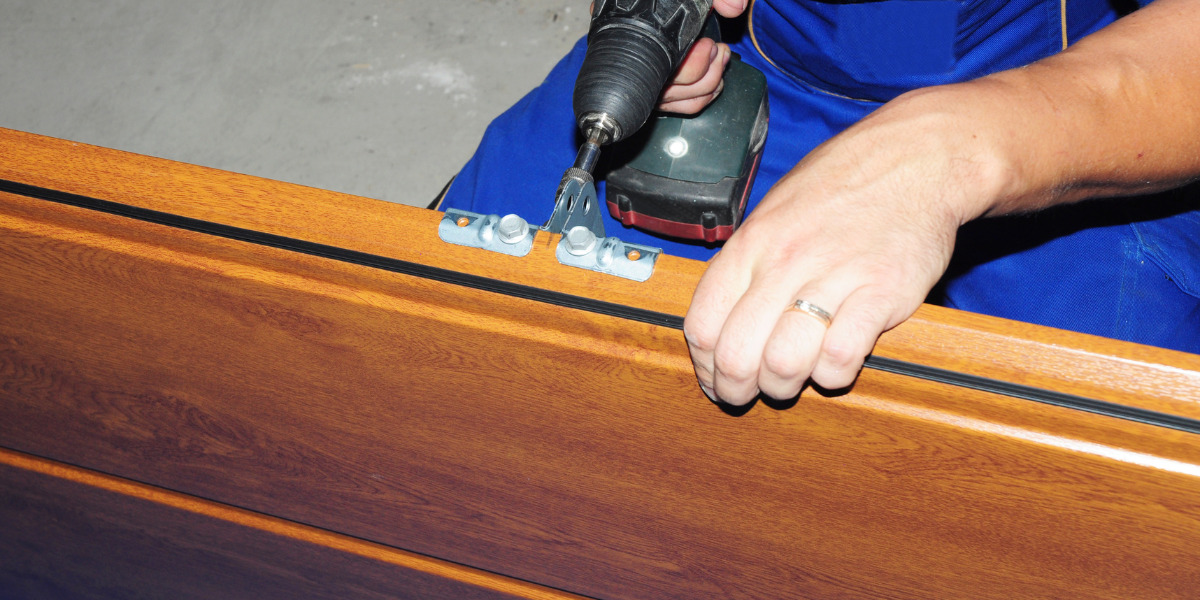
Preventing Costly Repairs:
Neglecting garage door maintenance can lead to major malfunctions, potentially resulting in costly repairs or even the need for a complete replacement. By conducting regular inspections, you can identify and address minor issues early on, preventing them from escalating into more significant problems. The cost of routine maintenance is considerably lower than that of extensive repairs or replacements, making inspections a cost-effective way to keep your garage door in top shape.
Boosting Property Value:
A well-maintained garage door enhances the curb appeal of your home and positively impacts its overall value. A potential buyer or visitor is more likely to have a positive impression of your property if they see a clean, well-functioning garage door. Regular inspections and maintenance contribute to a well-kept appearance, which can be a crucial selling point if you decide to put your home on the market.
Lubrication: The Silent Protector
Garage door lubrication is a crucial aspect of preventative maintenance that often goes unnoticed but plays a significant role in ensuring the smooth operation and longevity of your garage door system. Just as our joints require lubrication to function optimally, the moving parts of your garage door also need proper lubrication to reduce friction, wear, and noise. Let’s delve deeper into the importance of garage door lubrication and how to do it effectively:
Why is Lubrication Important?
- Reduced Friction: The various moving parts of a garage door, such as rollers, hinges, springs, and tracks, are subjected to frequent movement. Without lubrication, these components can rub against each other, leading to increased friction and wear. Lubrication minimizes friction, allowing the parts to glide smoothly during each operation.
- Noise Reduction: A squeaky garage door can be quite annoying, especially if your garage is close to living spaces. Lubrication helps dampen the noise produced by moving parts, providing you with a quieter and more peaceful environment.
- Extended Lifespan: Regular lubrication prevents premature wear and tear of critical components. By reducing friction and keeping the parts in good condition, you can extend the lifespan of your garage door system, saving you money on costly repairs or replacements.
- Smooth Operation: When all the components are well-lubricated, the garage door moves more effortlessly. This smooth operation not only enhances convenience but also reduces strain on the opener and other mechanical parts, potentially preventing breakdowns.
Tighten Loose Hardware: A Secure Foundation
Regular use of the garage door can cause bolts and screws to loosen over time. Inspect all hardware and tighten them as needed. Pay close attention to hinges, brackets, and roller brackets. A sturdy foundation will prevent excessive vibrations and reduce the risk of parts breaking due to inadequate support.
Here’s a closer look at why tightening loose hardware is crucial for maintaining a secure foundation for your garage door:
- Preventing Misalignments: When components like hinges, brackets, and roller brackets become loose, they may shift out of their intended positions. This misalignment can lead to an uneven door, causing it to bind or scrape against the tracks. Misalignment places additional stress on other parts of the system, leading to further wear and tear.
- Reducing Vibrations: A garage door in motion generates vibrations, which are absorbed by the hardware. If the bolts and screws holding the components in place are loose, the vibrations can exacerbate the problem, leading to even more significant issues down the line. Tightening the hardware reduces these vibrations and ensures a smoother and quieter operation.
- Enhancing Safety: A properly secured garage door is safer for both your family and your belongings. Loose hardware increases the risk of parts suddenly breaking or coming apart during operation. This could lead to the door falling unexpectedly, causing property damage or, worse, injuring someone nearby. Regularly tightening the hardware helps prevent such hazardous situations.
- Prolonging Component Lifespan: When components are loosely attached, they tend to endure more stress and friction, causing them to wear out faster. Tightening the hardware reduces the strain on these parts, allowing them to function optimally for a more extended period. As a result, you’ll save money on premature replacements and costly repairs.
Tightening loose hardware is a critical aspect of preventative maintenance for garage doors. By addressing this issue promptly and regularly, you can maintain a secure foundation for your garage door, prevent misalignments, reduce vibrations, enhance safety, and prolong the lifespan of its components. With just a little effort and vigilance, you can ensure that your garage door operates smoothly, reliably, and safely for years to come.
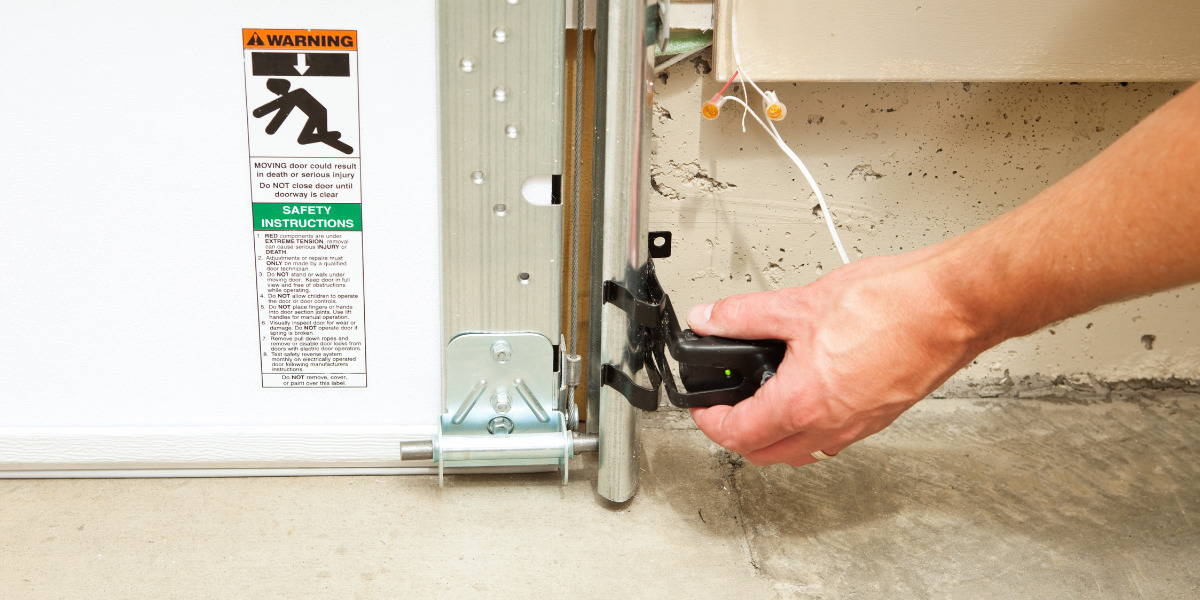
Professional Garage Door Tune-Up: Going the Extra Mile
A professional garage door tune-up is a comprehensive service provided by trained technicians to ensure that your garage door operates at its best. Just like any mechanical system, garage doors require regular maintenance and attention to maintain their smooth and reliable operation. A tune-up not only prevents potential issues but also extends the lifespan of your garage door, saving you from costly repairs in the long run. Let’s dive deeper into the key aspects of a professional garage door tune-up:
Thorough Inspection:
The first step of a garage door tune-up involves a thorough inspection of all the components of the garage door system. The trained technician will examine the tracks, rollers, hinges, springs, cables, and all other hardware for signs of wear, damage, or misalignment. They will also assess the opener and its mechanisms to ensure proper functioning.
Balancing and Alignment:
An essential part of the tune-up process is ensuring that the garage door is properly balanced and aligned. A balanced door means that the weight is distributed evenly on both sides, reducing stress on the opener and other components. If the door is not balanced, it can put excessive strain on the opener, leading to premature failure.
Lubrication:
Proper lubrication is crucial for the smooth and quiet operation of your garage door. During the tune-up, the technician will apply a high-quality lubricant to all moving parts, such as rollers, hinges, bearings, and springs. Lubrication reduces friction, minimizes wear, and helps prevent annoying noises during door operation.
Spring Adjustment:
Garage door springs are under high tension and play a significant role in lifting and lowering the door. During the tune-up, the technician will adjust the tension of the springs to ensure they are functioning optimally. This adjustment helps avoid problems like the door not closing or opening properly due to spring issues.
Opener Inspection and Testing:
The garage door opener is the heart of the system. The technician will inspect the opener for any signs of wear, electrical issues, or malfunctions. They will also test the safety features, such as the auto-reverse mechanism and photo-eye sensors, to make sure they are working correctly.
Weather Seals:
During the tune-up, the technician will inspect and replace weather seals as needed. Weather seals are essential to keep out rain, dust, pests, and other elements from entering your garage, ensuring a clean and protected space.
Frequently Asked Questions
- Why is preventative maintenance important for garage doors? Preventative maintenance is essential for garage doors to ensure they operate smoothly and avoid costly repairs or failures in the future. Regular maintenance helps identify and fix minor issues before they escalate into major problems, prolonging the lifespan of your garage door.
- How often should I perform preventative maintenance on my garage door? It is recommended to perform preventative maintenance on your garage door at least twice a year. You can schedule it during the spring and fall when the weather is moderate, making it easier to inspect and address any potential issues.
- What are some signs that my garage door needs maintenance? Look out for signs like unusual noises during operation, slow or jerky movements, imbalance, and visible wear and tear on the springs, cables, or rollers. If you notice any of these, it’s time to perform maintenance or call a professional technician for an inspection.
- Can I perform garage door maintenance myself, or should I hire a professional? While some basic maintenance tasks can be done by homeowners, it’s generally recommended to hire a professional for a comprehensive inspection and tune-up. Garage doors can be dangerous to work with, and professionals have the expertise and tools to ensure everything is done safely and correctly.
- What does a typical garage door preventative maintenance checklist include? A standard maintenance checklist includes inspecting and lubricating all moving parts (springs, rollers, hinges, etc.), checking the balance and alignment, testing the safety features, examining the weatherstripping, and inspecting the tracks for any obstructions or damage.
Conclusion
Preventative maintenance for your garage door is not just a smart investment; it’s a way to ensure the safety and convenience of your daily life. By following these essential steps and staying proactive, you can avoid future garage door failures and enjoy a reliable, smooth-functioning system for years to come. Remember, a well-maintained garage door not only enhances the curb appeal of your home but also brings you peace of mind. So, take the time to care for your garage door today and save yourself from costly repairs tomorrow.

